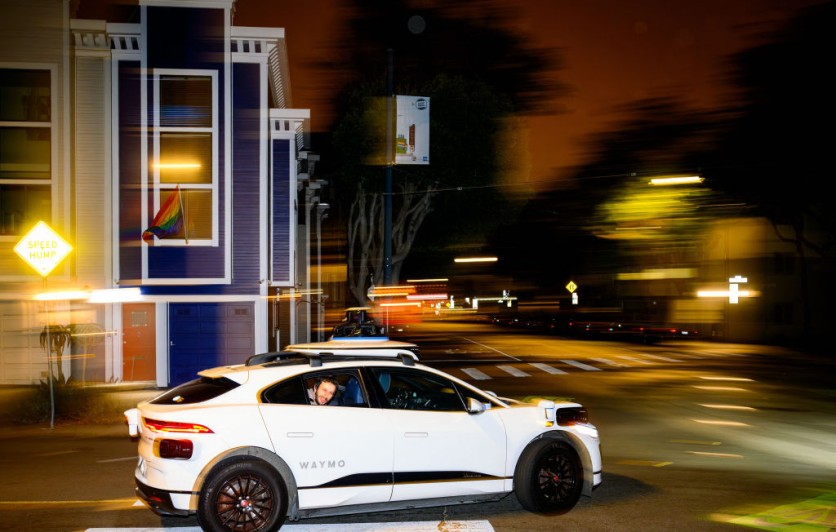Waymo and Cruise have gained approval from the California authorities to operate their robotaxi services 24/7 in San Francisco. This landmark decision, reached after a debated six-hour hearing, holds immense significance for the industry.

Granting Approval to Operate Roboraxi Services 24/7
In a major victory for the autonomous vehicle industry, the California Public Utilities Commission (CPUC) has granted approval for Waymo and Cruise to operate their robotaxi services around the clock in San Francisco. The Verge reported that the decision comes after a highly debated and lengthy six-hour public hearing.
Aside from residents expressing both support and opposition to the expansion of self-driving cars in the city, the CPUC's 3-to-1 vote in favor of allowing 24/7 operations marks a significant milestone for autonomous vehicle operators, who have invested billions of dollars in this transformative technology with limited financial returns thus far.
This regulatory green light signals a notable shift in the landscape of transportation technology, providing much-needed momentum to the autonomous vehicle industry. The approval to operate autonomously at any hour of the day throughout the city holds immense significance for Waymo and Cruise, who have been at the forefront of self-driving technology development.
As the hearing concluded, CPUC Commissioner John Reynolds emphasized that today marks the initial stride in the journey to introduce autonomous vehicle (AV) transportation services to the residents of California. He previously recused himself from certain votes due to his former role as General Counsel at GM-backed Cruise.
Reynolds noted that the passage of time has now enabled his participation in today's resolution. This declaration underscores the Commission's commitment to propelling the AV industry forward, paving the way for a future where Californians will increasingly experience the benefits of this transformative technology.
The recent approval holds significant significance for both Cruise and Waymo, marking a pivotal advancement in their journey to transform substantial investments, often amounting to billions, into a sustainable and profitable business model.
According to a report from Wired, it not only signals a crucial step toward delivering returns to the external investors who have supported these ambitious ventures but also emphasizes the ambitious aspiration they have been pursuing.
Failing to Deliver
While the enthusiasm for the autonomous vehicle industry is palpable, The Washington Post reported that numerous experts remain cautious, emphasizing that a fully realized future akin to the Jetsons might still be several years down the road. Despite ambitious projections from industry giants like Uber and Tesla, the technology's progress has fallen short of expectations.
Although over 40 companies hold permits to test their autonomous technology in California, a considerable portion of them necessitate human supervision during operations. Moreover, there are indications that several companies are not actively engaged in testing the technology altogether.
Related Article : Will Cruise and Waymo Be Allowed to Expand Robotaxi Services in San Francisco Amid Safety Concerns?





